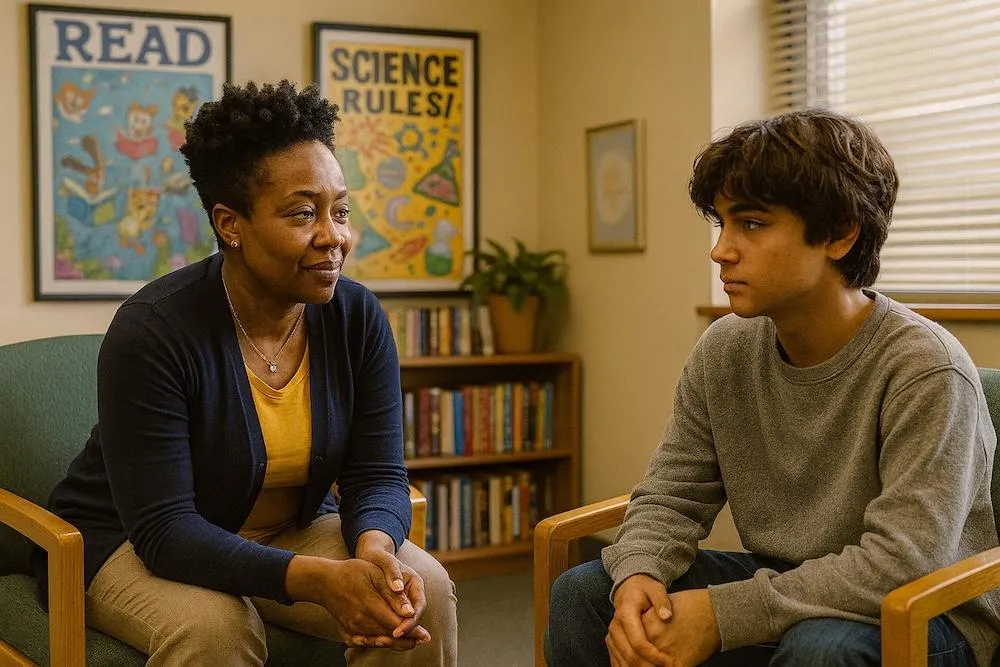
When Students 'Opt Out': A Solution-Focused Reframe
Picture this: Fifteen-year-old Jordan hasn't been to school in three weeks. The attendance officer is calling daily. Teachers are frustrated. Parents are at their wit's end. Everyone keeps asking the same question: "Why is Jordan refusing to go to school?"
But what if we're asking the wrong question entirely?
At our recent Solution Focused Schools Conference, Vicky Essebag challenged us to completely reframe how we think about students who aren't attending school. Instead of "school refusal" - a term loaded with defiance and resistance - she invited us to see these young people as "opting out."
This isn't just semantic wordplay. It's a fundamental shift that changes everything.
When we say a student is "refusing" school, we immediately position ourselves as adversaries. The student becomes the problem to be solved, the resistance to be overcome. But when we recognize that a student is "opting out," we acknowledge something profound: they're making a choice that serves them in some way.
As Vicky explained, "Reframing to an opt-out lowers stress levels, gives permission to honor oneself and gain some control." Suddenly, we're not fighting against the student, we're curious about their wisdom.
Every behavior has good reasons. Students might be opting out for safety, avoiding peer rejection or academic struggles they can't manage. They might need to be noticed, or they're dealing with changes in family structure. Sometimes they're carrying family obligations we don't see, or managing emotional distress that feels overwhelming within school walls.
Here's where the solution-focused approach transforms our conversations. Instead of "Why aren't you coming to school?" we might ask:
"What has this valuable time away from school made possible for you?"
"How has this been helping you?"
"What would feel better right now?"
Notice how these questions assume competence rather than defiance. They invite the student to share their perspective without judgment. They create what Vicky calls "safe relationspaces" - conversations where young people can be honest about their experience.
When we approach students this way, something beautiful happens. We shed the power dynamic. We stop needing to have all the answers. We adopt what Vicky calls "an intention to learn."
One student might share that opting out gave them time to sleep, something they desperately needed. Another might reveal that staying home allowed them to help a struggling parent. A third might admit that school felt emotionally unsafe, and the break helped them regroup.
None of these are "wrong" reasons. They're human reasons. And when we honor them, we create space for genuine conversation about what comes next.
This week, try this: The next time you encounter a student who's been "refusing" school, pause before you speak. Instead of seeing resistance, try seeing someone who's been making the best choice they could with the resources they had. Ask one curiosity question instead of giving advice.
You might be surprised by what you discover, and how quickly the conversation shifts from confrontation to collaboration.
